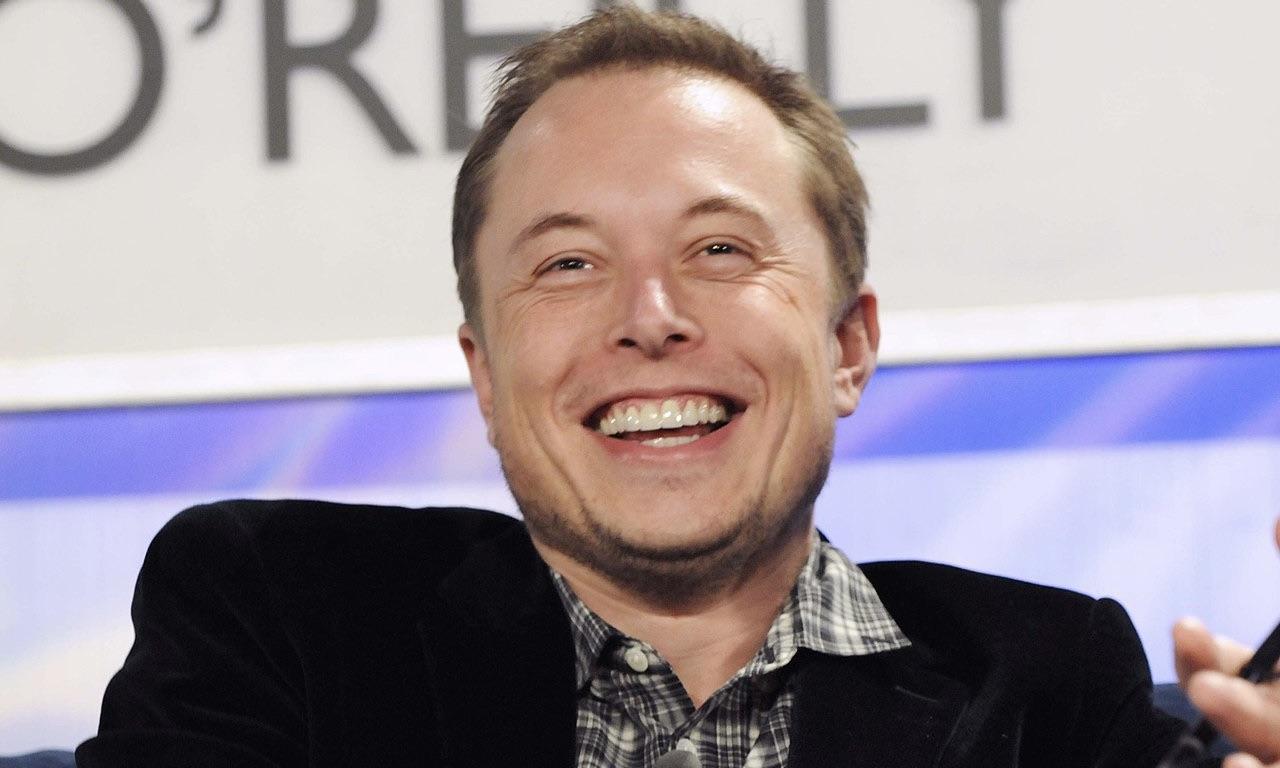Tesla CEO Elon Musk has reversed his stance on China tariffs, criticizing them for distorting the market and advocating for free trade during the Viva Technology Conference.
Elon Musk Criticizes Biden's Tariff Program, Advocates for Free Trade at Paris Conference
Elon Musk, the influential CEO of Tesla, significantly shifted his stance on China tariffs during a recent conference. According to Teslarati, this change of heart, which he had previously advocated for in January, has sparked considerable interest and discussion in the business and economic circles.
Amidst these changes, Elon Musk has voiced his concerns about the Biden Administration's tariff program. His view that such restrictions on a foreign nation's business operations could be detrimental to the market adds to the current uncertainty in international trade.
Musk elaborated on his ideas during the Viva Technology Conference in Paris:
"Neither Tesla nor I asked for these tariffs; in fact, I was surprised when they were announced. Things that inhibit freedom of exchange or distort the market are not good. Tesla competes quite well in the market in China with no tariffs and no deferential support. I'm in favor of no tariffs." Musk's change of stance can be attributed to his belief in free trade and his confidence in Tesla's ability to compete in the Chinese market without the need for protective measures.
This marks a stark contrast to Musk's previous position in January, where he advocated for protective barriers to shield domestic firms:
“If there are no trade barriers established, they will pretty much demolish most other car companies in the world.”
New Tariff Program by Biden Administration Sparks Concerns Over Impact on Automotive Industry
The Biden Administration's introduction of a new tariff program in mid-May, particularly the 100 percent rate on electric vehicles (EVs), has raised concerns about its potential impact on various sectors, including the automotive industry.
The Washington Post said in its report of the tariffs that the program would impact $18 billion in Chinese products and was being done "to protect American workers and businesses."
Musk has previously discussed tariff programs between the United States and China. In April 2018, he stated that China's intention to reduce import tariffs was a "critical step" that would help prevent "a trade war." This indicates his support for measures that promote international trade and his concern about the potential adverse effects of trade disputes on Tesla and the market.
In 2020, the Trump administration intended to implement tariffs on auto parts; Tesla filed a lawsuit challenging this proposal.
Photo: JD Lasica from Pleasanton, CA, US, CC BY 2.0, via Wikimedia Commons



 SpaceX Prioritizes Moon Mission Before Mars as Starship Development Accelerates
SpaceX Prioritizes Moon Mission Before Mars as Starship Development Accelerates  OpenAI Expands Enterprise AI Strategy With Major Hiring Push Ahead of New Business Offering
OpenAI Expands Enterprise AI Strategy With Major Hiring Push Ahead of New Business Offering  Palantir Stock Jumps After Strong Q4 Earnings Beat and Upbeat 2026 Revenue Forecast
Palantir Stock Jumps After Strong Q4 Earnings Beat and Upbeat 2026 Revenue Forecast  Global PC Makers Eye Chinese Memory Chip Suppliers Amid Ongoing Supply Crunch
Global PC Makers Eye Chinese Memory Chip Suppliers Amid Ongoing Supply Crunch  Sony Q3 Profit Jumps on Gaming and Image Sensors, Full-Year Outlook Raised
Sony Q3 Profit Jumps on Gaming and Image Sensors, Full-Year Outlook Raised  Tencent Shares Slide After WeChat Restricts YuanBao AI Promotional Links
Tencent Shares Slide After WeChat Restricts YuanBao AI Promotional Links  Elon Musk’s SpaceX Acquires xAI in Historic Deal Uniting Space and Artificial Intelligence
Elon Musk’s SpaceX Acquires xAI in Historic Deal Uniting Space and Artificial Intelligence  Elon Musk’s Empire: SpaceX, Tesla, and xAI Merger Talks Spark Investor Debate
Elon Musk’s Empire: SpaceX, Tesla, and xAI Merger Talks Spark Investor Debate  Instagram Outage Disrupts Thousands of U.S. Users
Instagram Outage Disrupts Thousands of U.S. Users  SpaceX Pushes for Early Stock Index Inclusion Ahead of Potential Record-Breaking IPO
SpaceX Pushes for Early Stock Index Inclusion Ahead of Potential Record-Breaking IPO  Anthropic Eyes $350 Billion Valuation as AI Funding and Share Sale Accelerate
Anthropic Eyes $350 Billion Valuation as AI Funding and Share Sale Accelerate  SpaceX Updates Starlink Privacy Policy to Allow AI Training as xAI Merger Talks and IPO Loom
SpaceX Updates Starlink Privacy Policy to Allow AI Training as xAI Merger Talks and IPO Loom  Nvidia Confirms Major OpenAI Investment Amid AI Funding Race
Nvidia Confirms Major OpenAI Investment Amid AI Funding Race  Baidu Approves $5 Billion Share Buyback and Plans First-Ever Dividend in 2026
Baidu Approves $5 Billion Share Buyback and Plans First-Ever Dividend in 2026 































